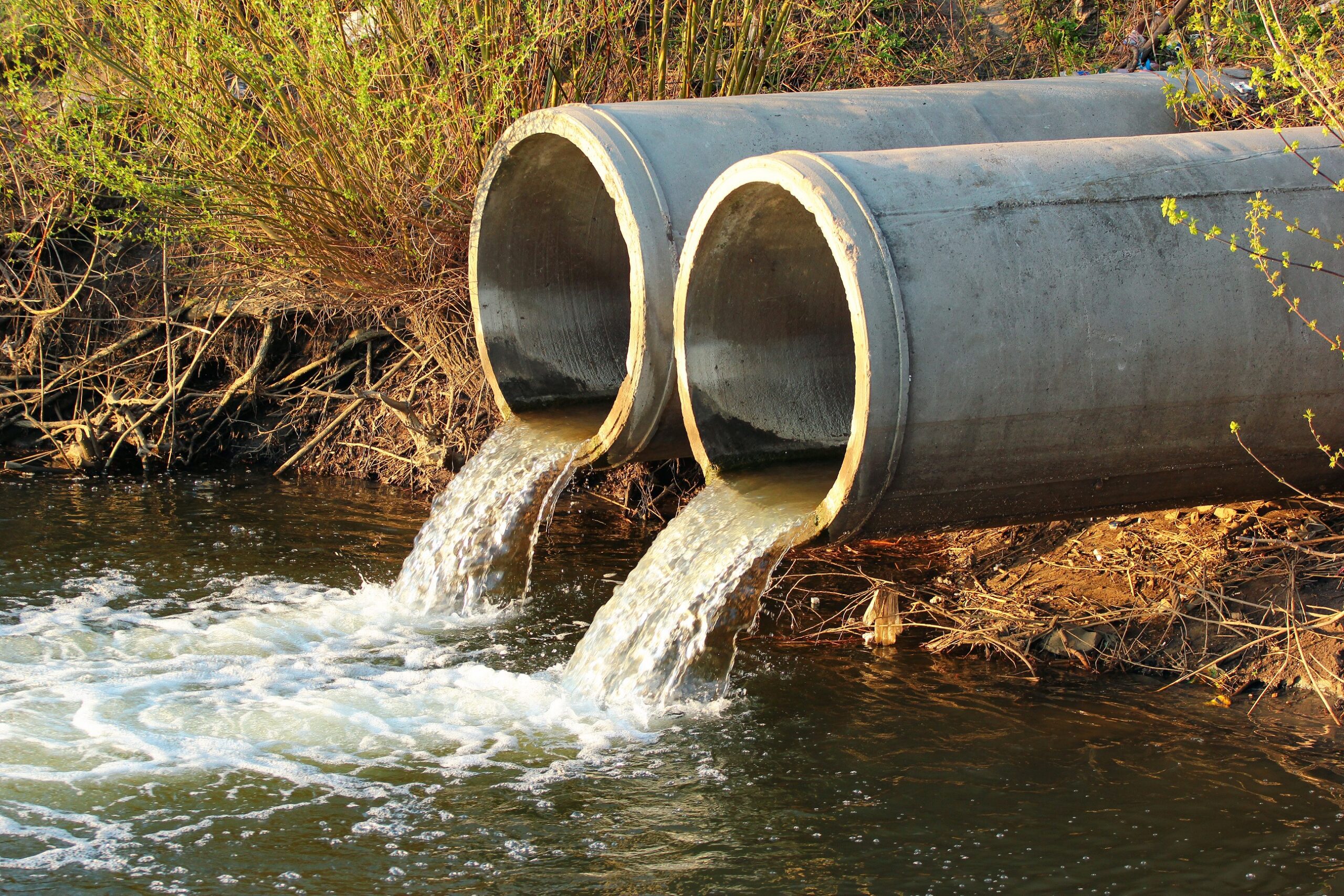
- Press Release
Water firms panicking over disposal of millions of tonnes of contaminated sewage sludge
Water companies are panicking they will be left unable to dispose of millions of tonnes of sewage sludge due to tougher pollution rules, and rising concern over the contaminants sludge contains.
Read the full investigation with supporting documents from Unearthed, here.
Sewage sludge is the human faeces and other solids left behind when wastewater is cleaned. Around 90% of the UK’s sludge is treated and spread on farmland as a source of nutrients to fertilise crops. However, concern is rising in the UK that this could be introducing damaging levels of contamination to agricultural land.
An analysis for trade association Water UK last year found that in a “worst-case” scenario the industry could be left with “3.4 million wet tonnes” of sludge with nowhere to go, documents obtained by Unearthed under freedom of information laws show.
The key documents not already in the public domain (available via the Unearthed website) include:
- National Plan B: water industry analysis of sludge disposal crisis
- The National Landbank Assessment Report 2024: water industry capacity modelling
- EA CEO internal briefing: prepared by the Environment Agency
Earlier this year, environmental regulators in the United States warned that toxic PFAS ‘forever chemicals’ in sewage sludge spread on American pastures were posing a cancer risk to people who regularly ate meat or dairy from those farms. This came after investigations by Unearthed and others found that sludge destined for British farmland also contained a range of harmful contaminants, including microplastics and forever chemicals.
The water companies fear increased scrutiny of sludge-spreading in the UK could trigger a ‘backlash’ akin to the public outrage they have faced over sewage released into rivers and seas, Unearthed has learned.
Reshima Sharma, political campaigner for Greenpeace UK, said:
“This investigation is yet more proof that we can’t trust the privatised water companies to deal with waste responsibly. So long as they can get away with it, they will just pass any problems on to our countryside and pocket the money they should be investing in solutions.
“In addition to the national scandal of river pollution, their negligence has led to a cocktail of toxic contaminants being spread on the soil that grows our food. The government must stop toxic sludge from being spread on farmland immediately and water companies must be made to pay for disposing of it safely, without passing the buck to bill payers.”
Documents obtained by Unearthed show the Environment Agency (EA) has warned internally that British farmers could stop accepting sludge onto their land. A briefing prepared for the EA’s chief executive warned that if farmers or retailers were to lose confidence in the use of sludge there could be “very serious consequences, as the sludge would have nowhere to go”.
The briefing added that the water industry has “no immediate ‘Plan B’” for the sludge it generates.
But the industry’s most pressing concern is that the government will tighten controls on the amount of fertiliser farmers can use. The EA and the Department for Environment, Food and Rural Affairs (Defra) are under pressure to clamp down on excessive muck spreading, which is the country’s leading cause of river pollution.
Water companies say this would leave them without enough farmland available to get rid of all their sludge.
Defra has been reviewing its guidance on protecting water from agricultural pollution, and water companies believe reform of the agricultural pollution rules could result in an outright ban on manure spreading in the autumn, when there is less need for nutrients from crops.
According to Water UK, however, around 70% of sewage sludge is spread in the autumn, and “prohibiting or further constraining that practice would introduce very large and unquantified costs” for the water companies.
Companies are uncertain how much it would cost to deal with a sudden shortfall of this kind, but they estimate it would run to hundreds of millions of pounds. Some have suggested that it could reach billions, potentially resulting in an unplanned increase in household water bills.
ENDS
Notes
Read the full investigation with references, links and supporting documents on Unearthed here.
Contact
Greenpeace UK Press Office – press.uk@greenpeace.org or 020 7865 8255
